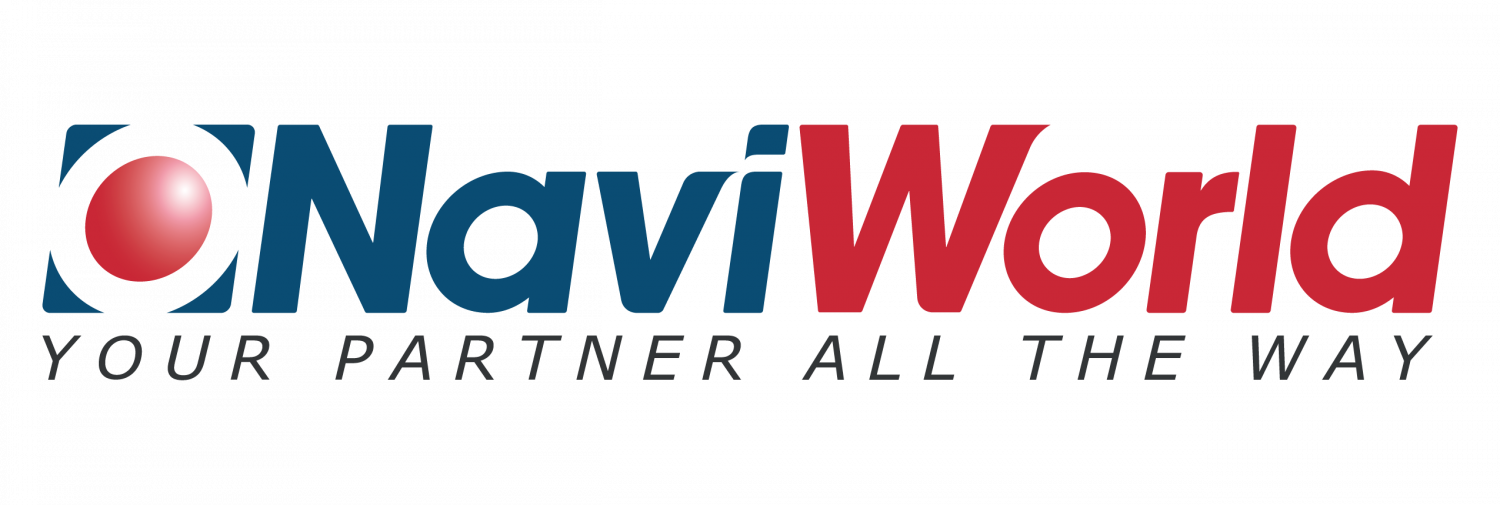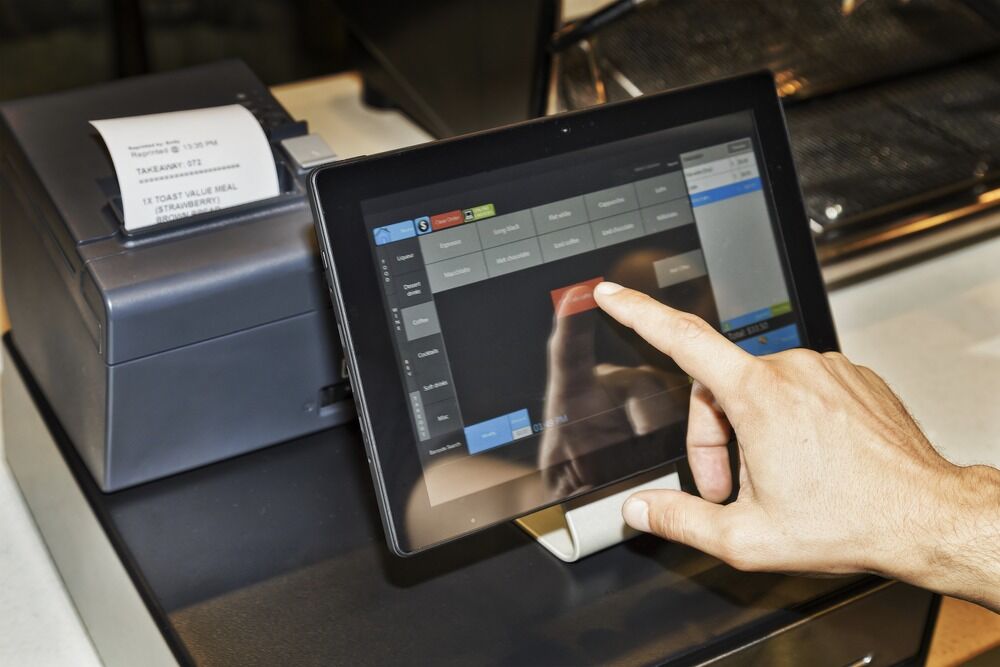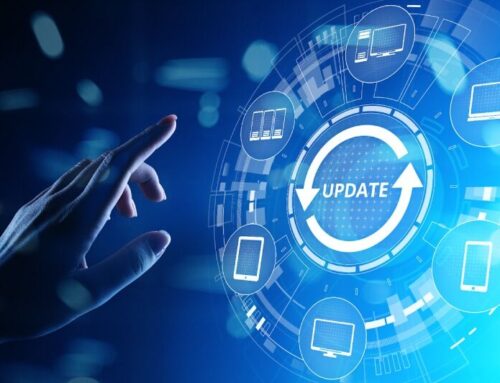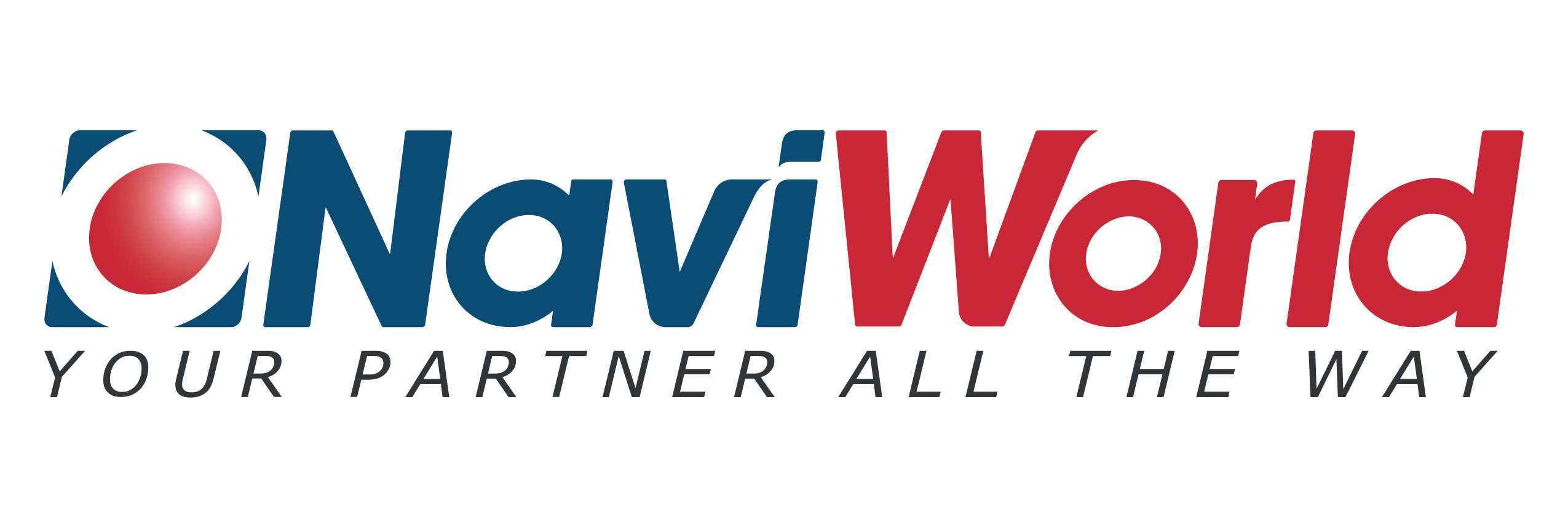The technological innovation of a company’s operational processes is a crucial element in competing with other rivals in retail, distribution and supply chain industries in Thailand. Among a throng of software programs and platforms such as Enterprise Resource Planning (ERP), Point-of-sales (POS), back-office and Customer Relationship Management (membership, loyalty reward points), business owners may feel overwhelmed to make a decision. A recommended option is an ERP System integrated with POS Software, which can simplify the operational workflows and maximize sales productivity with various benefits.
ERP and POS Systems
ERP systems such as Microsoft Dynamic 365 Business Central enables a company to incorporate and automate various back-office and front-office functions. With useful applications and software such as linking purchase history with inventory management or demand forecasting. It provides you and your staff with an overview of key business insights that can improve your business in the long run.
Within your ERP system, you have the choice of integrating POS software that can act as a front-end solution to help manage and optimize business transactions. This way, data for every transaction can be tracked and traced, so your business can keep up with all sales made. ERP systems and POS solutions work hand in hand with each other to create a streamlined process for your business, making it ideal for companies that are looking to grow and position their business as a large scale enterprise in future.
Benefits of Integrating POS Systems with ERP Software
1. Ensures Business Data is Updated in Real-time
With real-time updates, you can eliminate unexpected human errors that might arise from manual data entry. Employees can easily transfer information among departments accurately and easily, and with every update on the POS system, sales figures will be adjusted or reflected accordingly on the ERP system, or vice-versa. Without the need for manual data entry, your staff can also have more time for more revenue-generating tasks.
2. Optimal Management for Inventory and Distribution
If you are in the distribution or retail industry in Thailand, your business will definitely benefit from the integration of POS software with your ERP system. In fact, it is highly beneficial for companies in the business of inventory and distribution as the integration of both systems will allow for overall visibility of operations. This includes sales, inventory and budgetary processes. With the increased visibility of operations, staff in managerial positions will be able to make critical decisions based on figures. On the other hand, back-end inventory management teams will be able to see updated changes when sales are made at the front-end.
This process is streamlined as back-end managers will remind front-end managers when stock for a certain product is low, and back-end managers can access sales figures from the front-end to better forecast demands for stock replenishment.
3. Improve Customer Satisfaction and Retention Rates
Other than keeping sales numbers and inventory numbers updated and optimally managed, integrating a POS system for your ERP can significantly enhance customer satisfaction rates. This is because it allows transactions to be smoother, with lesser chances for products displayed to be out of stock after a customer’s purchase. Additionally, you can also offer your customers more options for receiving their items, such as by regular shipping, express shipping or self-collection.
To boost revenue, you can make use of customers’ purchase history to provide suitable recommendations for future purchases. This will be a great opportunity to do more up-selling and cross-selling to obtain more sales.
Integrate POS Solutions for Your ERP With Naviworld Today
Need help with integrating a POS system for Microsoft Dynamic 365 Business Central? Simply get in touch with us today and our friendly consultants will offer you the help you need. Find out more about ERP and its many applications at Naviworld now.








